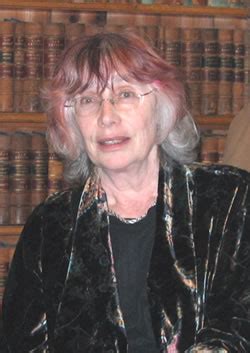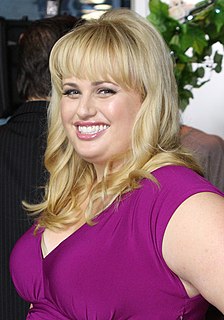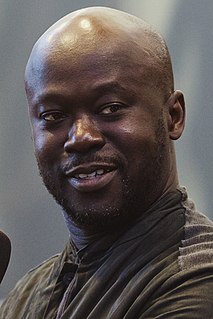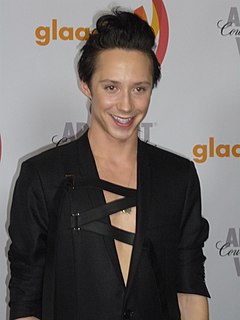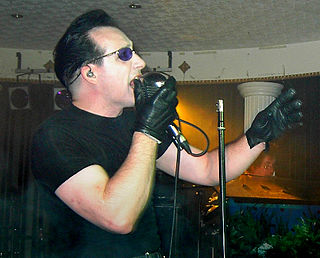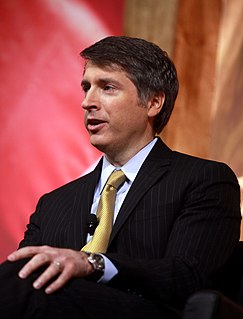A Quote by Judith Butler
When I was young there were lesbians who said "Oh, I will free myself of all norms of masculinity, all norms of heterosexuality ". And then, they ended up in very complex relationships that were maybe full of heterosexual power dynamics or full of lesbian forms of masculinity and they became very confused.
Related Quotes
I have decided to give up heterosexuality. I have decided that, while the project of altering the balance of power within heterosexual relationships is still a valid one, it is no longer one I can espouse--so to speak. There is no revolutionary hope for the heterosexual, and I have therefore decided to love myself and become a lesbian.
If you have a conversation "Why is it you think masculinity is linked with heterosexuality? Or why is it you think masculinity is linked with sexual dominance or the sexually active position in the sex act?" If you start to ask people those questions, then they realize "Maybe gender is not one thing. Maybe I have collected a number of things under one category and I've made a mistake".
Through developing trusting and respectful relationships with the boys in our lives, we can help boys to value and acknowledge their relational capabilities, which they may otherwise learn to discount or overlook. We can also offer and model for them definitions of maturity, masculinity, health and success that will enable them to remain grounded in their self-knowledge (e.g. as they encounter societal pressures to conform to group and cultural norms), and to form relationships that will sustain rather than constrain them.
Then the question began to live under my blankets: How did lesbianism begin? What were the symptoms? The public library gave information on the finished lesbian--and that woefully sketchy--but on the growth of a lesbian, there was nothing. I did discover that the difference between hermaphrodites and lesbians was that hermaphrodites were "born that way." It was impossible to determine whether lesbians budded gradually, or burst into being with a suddenness that dismayed them as much as it repelled society.
In the beginning, the punk scene was so full of promise. All the bands were different, and all the sounds were different. The common denominator was that it was all very young kids doing it, and doing it on their terms. But then it became, 'You should listen to this and you should wear this uniform, and you shouldn't do this or that.' It was supposed to be about not having rules, but every generation of music gets watered down.
Any profession should have norms around the issue you raise. And, in the words of the great economic thinker Albert Hirschman, we all owe a measure of loyalty to professional norms. But when the norms seem unhelpful or unproductive, one needs to speak up - to activate voice. And in the extreme, if the profession and one's colleagues seem estranged from a thoughtfully selected course of action, you need to consider the possibility of exit. Of course, if you knowingly violate norms or laws, you need to be prepared to face the consequences - or to lead a revolution!

